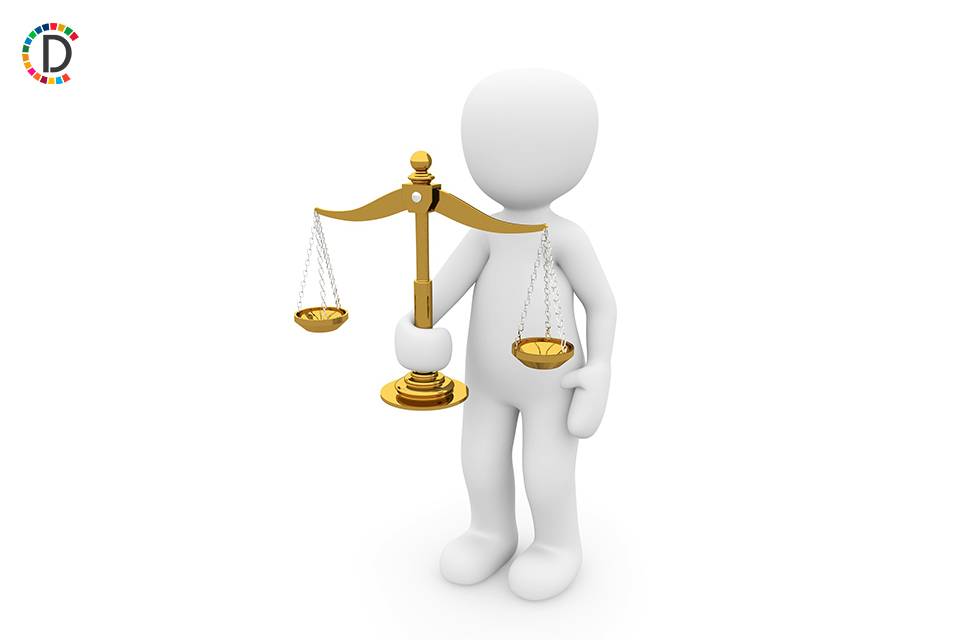EU, UN chief discuss Ukraine war, food security and sanctions
European Union leaders held talks on Thursday with U.N. chief Antonio Guterres on global food security and sanctions imposed on Russia over its invasion of Ukraine, and also endorsed a plan to supply more artillery shells to Kyiv.

European Union leaders held talks on Thursday with U.N. chief Antonio Guterres on global food security and sanctions imposed on Russia over its invasion of Ukraine, and also endorsed a plan to supply more artillery shells to Kyiv. Guterres' participation in the EU summit came days after the renewal of a deal brokered by the United Nations and Turkey on the safe export of Ukrainian grain via the Black Sea that is seen as crucial to overcoming a global food crisis.
German Chancellor Olaf Scholz said the bloc wanted "to ensure that Russia's horrible war of aggression against Ukraine would not result in food insecurity in the world". "We need to ensure that grain exports, for example from Ukraine, can continue," he said.
Estonian Prime Minister Kaja Kallas spoke against any easing of sanctions on Moscow under the grain deal and called for a tighter price cap on Russian oil exports. Joining by a video, Ukrainian President Volodymyr Zelenskiy implored Europe to speed up and increase the supply of weapons - including long-range missiles and modern aircraft - and impose additional sanctions on Russia, saying otherwise the war would drag on.
"If Europe hesitates, the evil may have time to regroup and prepare itself for years of war," he said in a video address recorded on a train that he said was en route to Ukraine's southern region of Kherson
, recaptured by Kyiv last year. Guterres did not speak to reporters after his talks with the EU leaders. The U.N. said in a statement that he had "provided an update on enhancing global food security through the Black Sea Grain Initiative and efforts to facilitate the exports of Russian food and fertilizers."
The United States has pushed back against Russian demands that Western sanctions be eased before Moscow allows Ukrainian Black Sea grain exports to continue beyond mid-May, saying there are no restrictions on Russian farm products or fertilizers. Inside the EU, there was no sign of a breakthrough on Lithuania's objections to proposed new sanctions against Moscow ally Belarus to allow fertilizer exports via Europe to third countries, something supporters say would help food security in Africa.
AMMUNITION The EU leaders endorsed a plan - agreed by foreign ministers on Monday - to send a million artillery shells to Ukraine over the next year.
"We need to support Ukraine to defend itself, we need to continue to show solidarity and avoid any sign of fatigue," European Parliament head Roberta Metsola said after joining the leaders for part of the summit. Officials say Ukraine is burning through shells at a faster rate than its allies can produce them, prompting a renewed search for ammunition and ways to boost production, which requires more money as the war enters its 14th month.
The EU earmarked 1 billion euros ($1.1 billion) for the swift supply of shells - and possibly missiles - from existing stocks and another 1 billion euros for joint orders by EU countries for more rounds. The money will come from the European Peace Facility, an EU fund that has already earmarked several billion euros for military aid to Ukraine. On Thursday, the summit began discussions on topping it up with another 3.5 billion euros.
(This story has not been edited by Devdiscourse staff and is auto-generated from a syndicated feed.)










